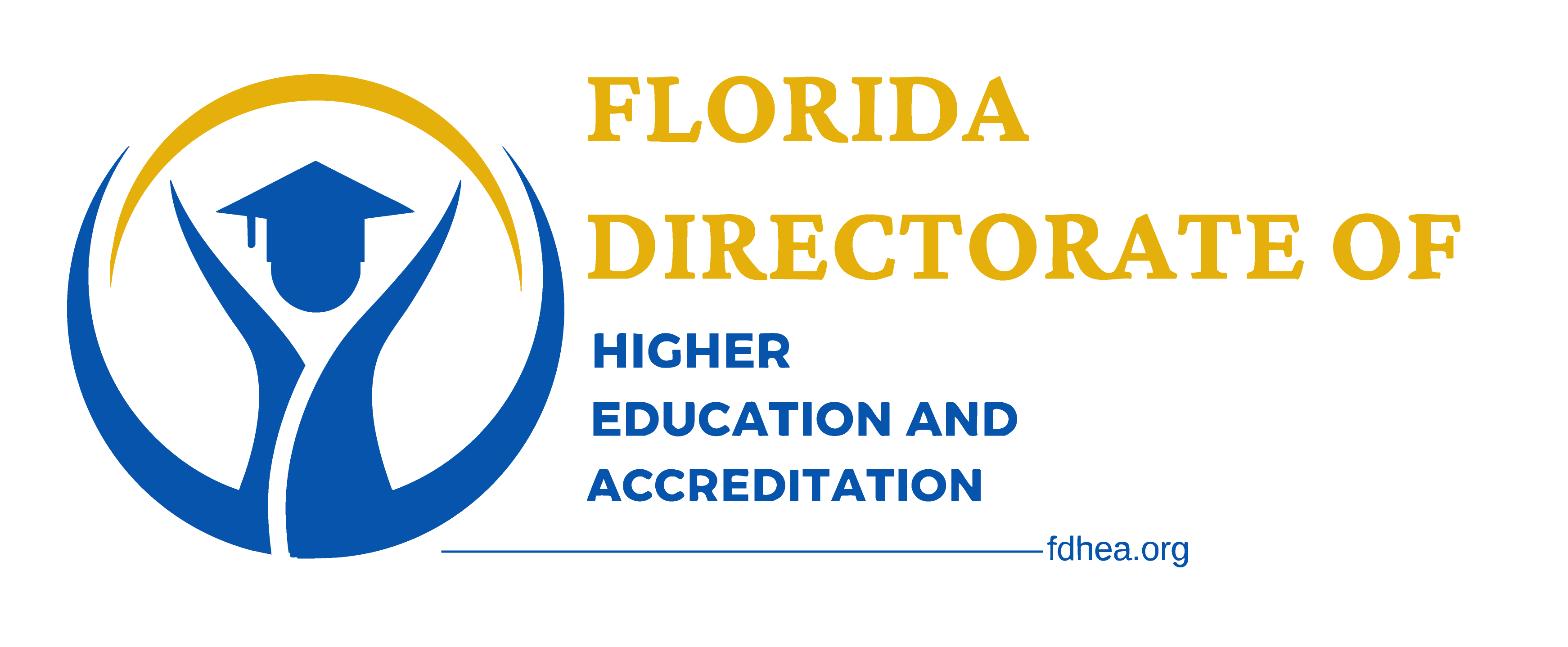Education Reform: Do the Florida Standards Benefit Our Children?
Well, not exactly. What Murphy showed her students was a plastic bag filled with vegetable shortening — not unlike the fatty layer that keeps creatures warm in cold climates. She asked what they thought would happen if they covered their hands in the white goo before thrusting them into a bucket of icy water. After discussing it, the students shared their hypotheses with the class. Learning to express ideas orally — clearly and audibly — is one of the Florida standards.
When it was time to test their ideas, “They put their hands in there and figured out they couldn’t feel the cold at all,” she says. “They loved it.”
While Murphy enjoys the challenge of teaching to the new benchmarks in language arts and math, other educators, parents and administrators take issue with the standards, which are adapted from a set of nationwide learning goals known as the Common Core.
The goal of the Common Core is to raise student achievement and provide consistent education from one state to the next. It has been adopted by 45 states, including Florida, and the District of Columbia. Those that adopted the standards earned extra points in their application for federal funds through President Obama’s Race to the Top initiative.
Supporters view the new benchmarks as another step in the right direction for Florida, which launched a series of education reforms in 1996 that continue today. They say the newest standards bring more rigor to the classroom and emphasize critical thinking over memorization.
“I think the key to a good education for our students, and for them to be able to move forward to whatever college and career choices they may make, is to be sure we have rigorous, high academic standards,” says Florida Education Commissioner Pam Stewart, ’85. She feels the Florida standards have met those criteria.

Opponents object to the way the standards were created as well as to their content. “[Both] conservatives and liberals are starting to question the legitimacy of what is going on in the public schools,” says Ceresta Smith, a teacher in Miami Dade County and co-founder of United Opt Out National, a nonprofit organization that seeks to eliminate high-stakes testing in public education. “It’s all standardized test prep,” she says. “There’s no deep learning going on.”
Laura Zorc, co-founder of Florida Parents Against Common Core, calls the state standards mediocre and views their basis in the Common Core as a threat to local control. Her group has been petitioning the Legislature to stop implementation of the benchmarks. “Florida parents are insulted and outraged at the governor and the Florida Department of Education’s attempt to deceive the public into thinking that we now have ‘Florida standards’ when clearly we have national standards,” she says.
The debate grows as Florida prepares to introduce an assessment test aligned with the new standards next school year. It will replace the Florida Comprehensive Assessment Test (FCAT), which has been given since 1998 to students in grades 3–11. With scores linked to student advancement, school ratings and teacher pay, the stakes continue to be high.




